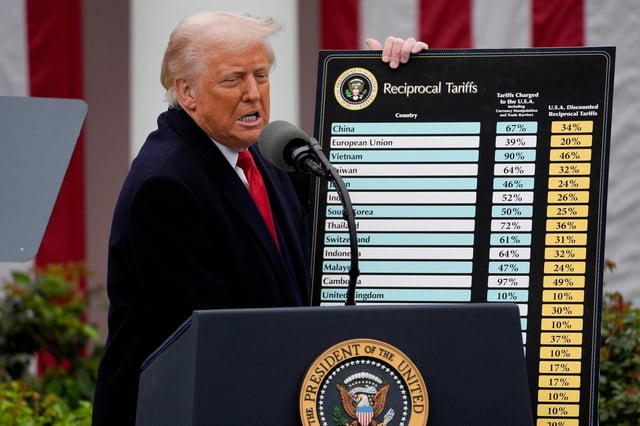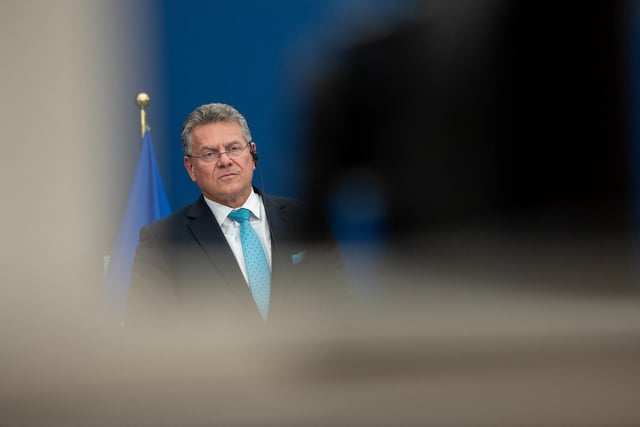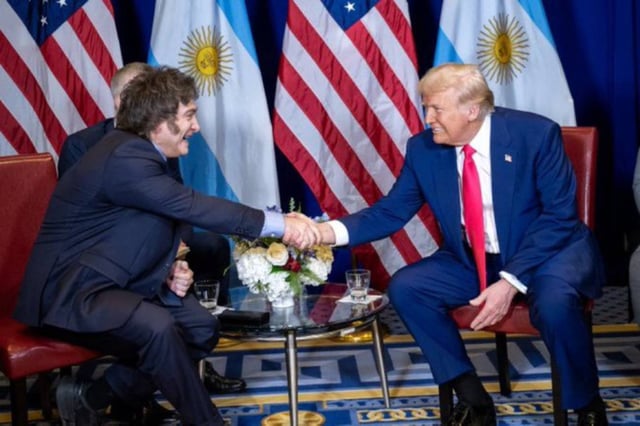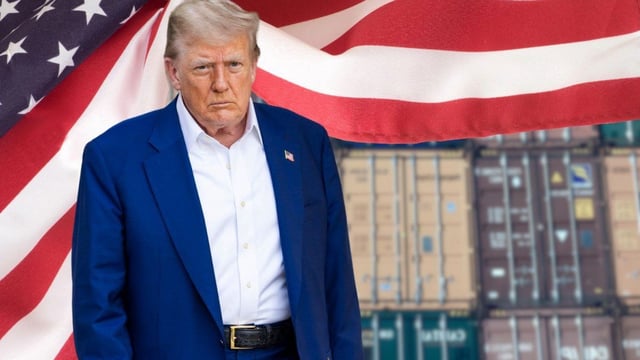Overview
- The U.S. Treasury will dispatch letters this week to 100 countries outlining 10–70% reciprocal tariffs that will kick in on August 1 unless bilateral agreements are secured by the July 9 deadline.
- Since April only the United Kingdom and Vietnam have sealed framework deals and China holds a separate truce, leaving most partners still negotiating under intense time pressure.
- The European Union has signaled readiness to accept a 10% baseline rate to avert 50% duties on steel and aluminum, while Argentina secured exemptions for 70%–80% of its exports but still faces metal levies.
- A U.S. Court of Appeals has kept most emergency-based tariffs in force after a trade court struck them down in May, extending the legal uncertainty over the administration’s authority.
- A J.P. Morgan analysis warns the reciprocal duties could saddle U.S. employers with $82.3 billion in added costs, with knock-on effects on consumer prices and global supply chains.



